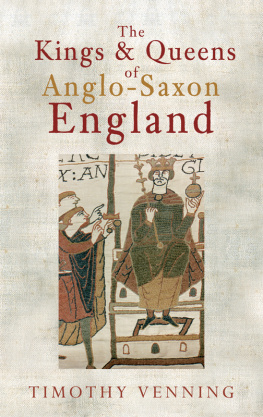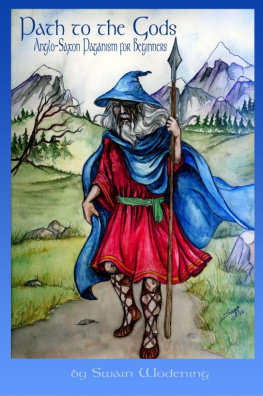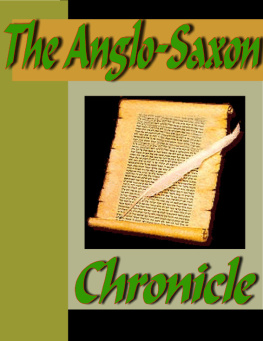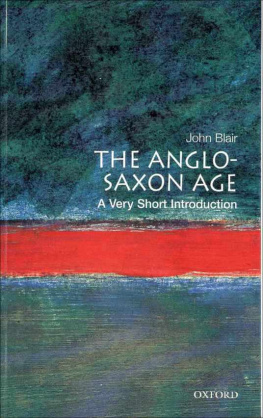ANGLO-SAXON SOLIDARITY
ANGLO-SAXON
SOLIDARITY
BY
Herbert Adams Gibbons
THE CENTURY CO.
MDCCCCXXI
COPYRIGHT 1920 BY
THE CENTURY CO
REPRINTED FROM
THE CHRISTMAS Century 1920
pic
ANGLO-SAXON SOLIDARITY
By Herbert Adams Gibbons
N one denies that the world is askew. Ships of state are pilotless and rudderless, riding God knows where. In every country internal economic and social conditions are so upset that forecasts of the morrow seem futile. And yet international political relationships depend upon these internal conditions more intimately and more wholly than ever before in history. Statesmen may still be sitting at the diplomatic chessboard, making moves in accordance with the old rules of the game. But each realizes that shaping the foreign policy of his nation is no longer independent of or divorced from home policies and problems. Things have changed. The old order upon which one could count in directing foreign affairs has given place to new and uncertain values. Just what the changes are, whether for good or bad, whether permanent or temporary, and how we are to adjust ourselves to them and take advantage of them or combat them, as the case may be, on all this we read little that is constructive. Prophets are alarmists, and critics keep telling us what we know, that our statesmen are making a mess of things internationally and that we are badly off internally because legislators and executives are passive in the face of high prices and social unrest.
Dear me! do we need to be taught that our house is not in order by having it, figuratively at least, pulled down around our ears? Politicians and professors and publicists must call a halt on their flood of complaint and denunciation and warning. The rle of Cassandra may have been necessary to get people to pay attention, but when the public begins to say, "Well, what of it?" tirades must be changed to programs, if the piercing through the armor-plate of indifference is to accomplish any good result. "You writers on political and economic affairs give me the willies," said a bluff business man to me the other day. "If I do not stop reading you, I'll get to thinking in circles."
Many who see the danger-signal try to heed it by shifting from fault-finding to rose-hued platitudes. We have seen this in the recent political campaign. When managers and orators felt that public opinion was growing restive under constant criticism and impatient of overdoses of "the world is going to the bow-wows," the strident notes gave way to a grand diapason of "All's well!" Everything had been and would again be lovely in these United States, once the disturbing element of the opposing political party was snowed under by the avalanche of voters saving the republic.
In a political campaign demagogic methods may be excusable. After all, the public has the votes, and must be handled with due regard for the laws of mob psychology. But when we see the same methods applied to the presentation of a question of permanent interest and importance, and applied by men who both know better and have not the defense of electoral anxiety and expediency, it is time to protest. As an Anglo-Saxon American, whose deepest interest is in the solidarity of the English-speaking world, I want to raise my voice against the tactless and platitudinous type of article and speech one reads and hears everywhere in connection with the Pilgrim tercentenary. In my childhood, when the kitchen happened to run out of cereals or milk, the cook used to give us a dish of bread or flour and water with a liberal sprinkling of sugar to disguise its origin. To make children take "pap," everything depends upon the sugar. The ingredients and their cooking do not enter in.
I would not do all tercentenary orators the injustice of imputing to them paucity of ideas. For the cleverest of writers and preachers are among the most platitudinous when they touch the subject of our relations with Great Britain. Why do they go no further than extolling Puritan stock and our inheritance from the mother country and declaring that no sinister influences disturb the complete understanding that exists between those to whom blood is thicker than water? Article after article, speech after speech, toast after toast, have I read or sat through, and failed to get any idea other than that it was reprehensible and "pro-German" to criticize Great Britain, that the Irish were akin to the Bolshevists, and that the bonds uniting the two great nations of the Anglo-Saxon world were imperishable. Our British hosts are assured that history text-books have been responsible for much of our misunderstanding of the British, and that when we have remedied the way the War of Independence and the War of 1812 and the British attitude in the Civil War were presented to American children, a desire to twist the lion's tail will remain in this country only among Germans and Irish. And we shall substitute "Over There" as our national anthem for "The Star-Spangled Banner," whose origin is, like the Fourth of July, extremely embarrassing for Anglo-American relations. And no matter what war may arise, together shall we stand, as we did in France. So on ad nauseam.
We must not be uncharitable in passing judgment on tercentenary orators. With British hosts in the audience and at the table, and considering the occasion, a graceful eulogy is the order of the day. Still, it is possible to combine constructive thinking with complimentary references to past and present, especially when we consider that tercentenary celebrations draw thoughtful, earnest people, who do not have to be treated like a movie audience or a campaign gathering. But so strongly are we under the influence of the propaganda of the recent war that our tongues cleave to the roof of the mouth when any thought comes into our head that, if uttered, might be interpreted as criticizing a British foreign or domestic policy or suggesting that Anglo-American relations need careful guiding and nursing. Still under the spell of the war, our tercentenary utterances are "pap," uninteresting, tiresome, and not contributing, as they ought to do, something new to the great problem of Anglo-Saxon solidarity.
We might dismiss the tercentenary disappointment with a simple expression of regret over the great opportunity missed, were it not for the strong feeling that the loving-cup and patting-ourselves-mutually-on-the-back performances are positively harmful to Anglo-Saxon solidarity. They have the effect of a soporific to American believers in Anglo-Saxon solidarity and of a stimulant to the enemies among Americans of friendship with Great Britain. The man who attends Pilgrim dinners and celebrations goes home with the comfortable feeling that Anglo-Saxon solidarity is stronger than ever. It is a physical reaction from the food and lights and flowers and music and women, not a mental reaction from the speakers. Satisfied and reassured, the tercentenary celebrant thinks he has done all that is necessary to maintain and strengthen the bonds of friendship and good understanding between the English-speaking nations. The sugar is to his taste. The German-American who reads the reports of the speeches and toasts in the newspapers finds his instinctive antipathy to Anglo-Saxon solidarity confirmed by the tercentenary orator's foolish and distorted conception of it. There is no sugar on the "pap" for him. As for the Irishman, he sees redder than ever when he reads of tercentenary orators lauding Puritans for exiling themselves and later fighting England for freedom's sake and denouncing the Irish for aspiring to freedom.










